Dry fruits are natural foods that are dried to keep their taste, energy, and nutrients. Learning dry fruit names helps you talk clearly about food, snacks, and health in daily life. Each type of dry fruit has a name that matches its shape, origin, or use. This post includes labeled pictures to help you learn, spell, and remember useful dry fruit names quickly and correctly.
List of Dry Fruits
Dry fruits are naturally dried or dehydrated fruits that are rich in nutrients and energy. The list includes almonds, cashews, raisins, walnuts, and dates. They are commonly used for snacking, in desserts, and for health benefits.
Pistachios:
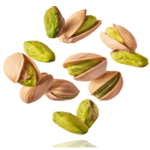
Dates:
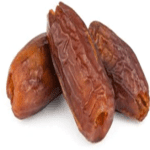
Prunes:
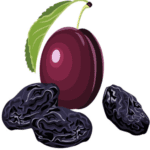
Figs:
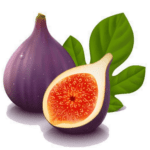
Apricots:
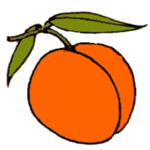
Almonds:
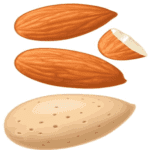
Walnuts:
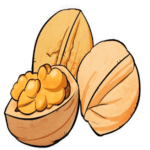
Poppy Seeds:
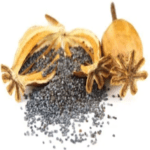
Cashew:
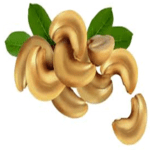
Fennel:
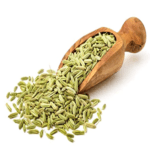
Flax Seeds:
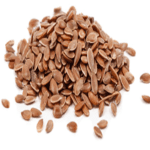
Pine Nuts:
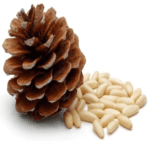
Watermelon:

Raisin:
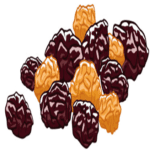
Betel Nut:
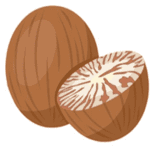
Chestnuts:
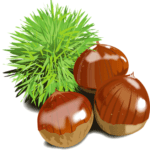
FAQs about Dry Fruit Names
Almonds and walnuts are known to boost brain health and memory.
Dry fruits include the fruits like raisins and figs, while nuts like almonds and pistachios come from seeds and are naturally dry.
Figs, cashews, and dates help improve skin glow and hair strength.
You May Also Like
